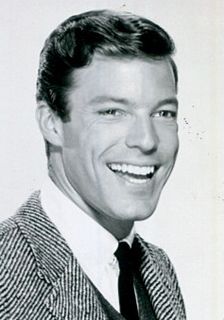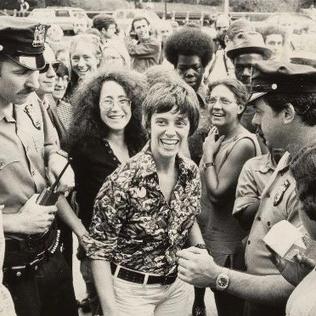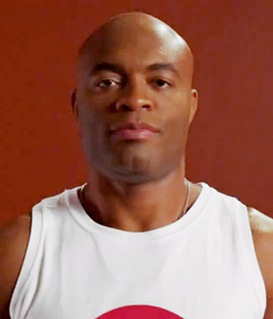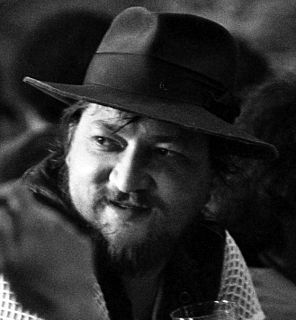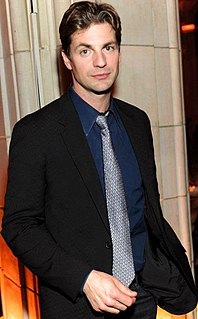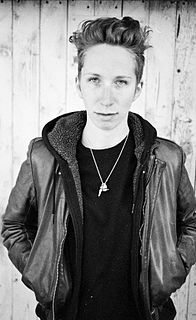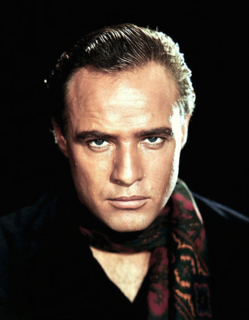A Quote by Cynthia Nixon
Related Quotes
Those people are seen, I assume, by Larry [Kramer] as writing partly about gay issues and problems, whether it's on the surface or not, and I am not. But another thing is when we met, there still wasn't exactly a gay/straight divide in the minds of a lot of straight people. There weren't any gay people, as far as we knew, at Yale.
You think you're in a place where you're all 'I'm thrilled to be gay, I have no issues about being gay anymore, I don't feel shame about being gay,' but you actually do. You're just not fully aware of it. I think I still felt scared about people knowing. I felt awkward around gay people; I felt guilty for not being myself.
It's not about superheroes. This is the method of universal storytelling that all people have... To me, they're the same as the Greek myths or the Roman myths or religious figures of every religion. These are common characters that we use to express stories about being a better person or what you would do when faced with various things.
For a while, the gay thing seemed like such a big deal. But now, I don't think it is. It's just a comedy-drama about people who live in the United States. It's a slice-of-life. I play a character-that's it. But I was well aware of the gay lifestyle before the show. I've been hit on in a really strong way by gay men who've tried to convert me, and a lot of my heroes are gay. William Burroughs, Lou Reed. Well, I guess Lou Reed is bi. The point is, it's 2002, gay life is no longer that shocking.
As we were developing 'Umbral', and I was delving into the mythology and legends, I had a sudden realisation. 'Wasteland' is about people who fervently believe new myths and legends, but they turn out to be false; whereas 'Umbral' is about people who reject ancient myths and legends, but they turn out to be true!


